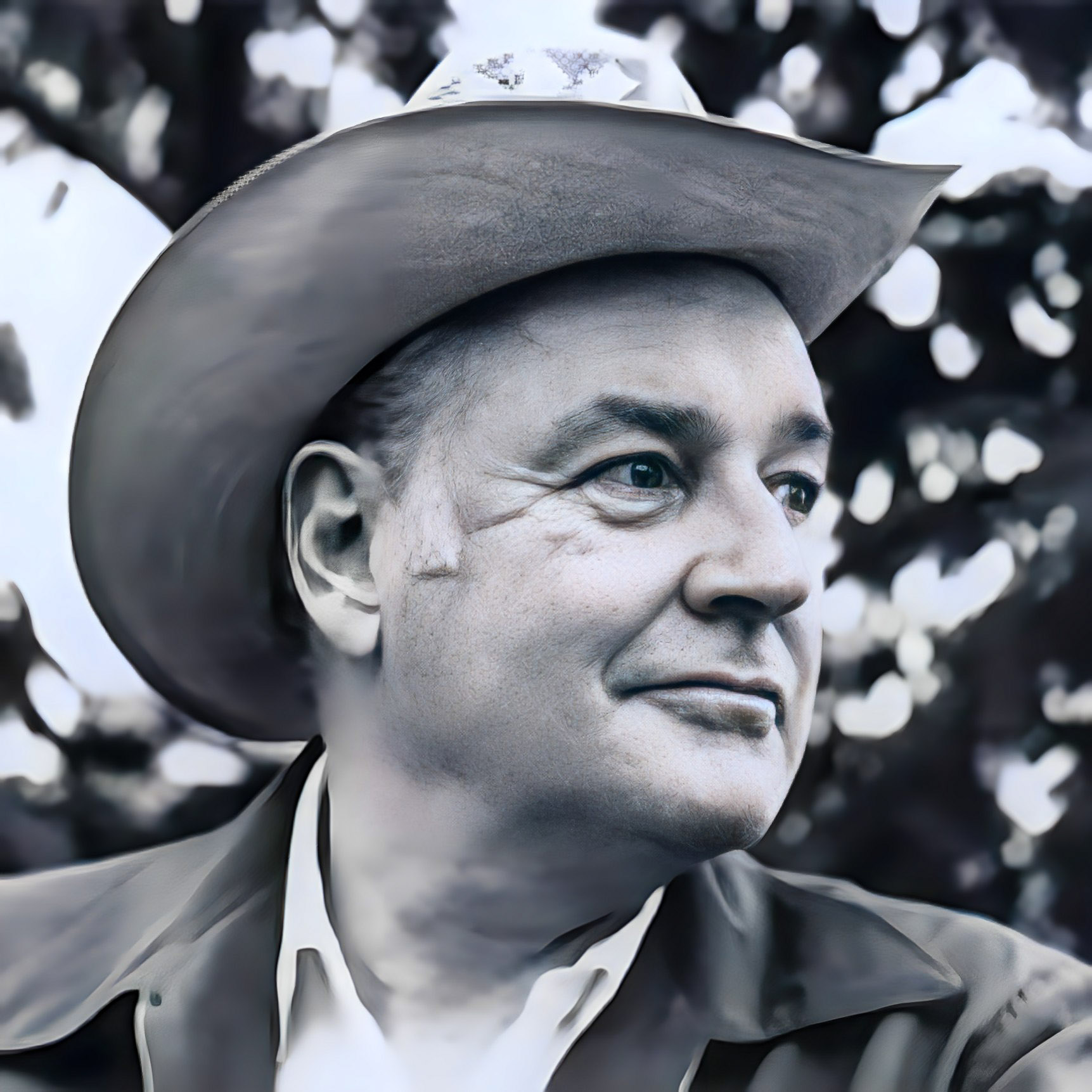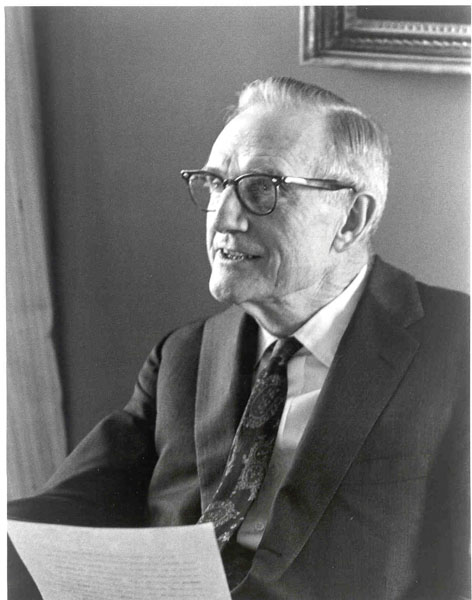Winrock International’s story

Winrock International grew from parallel dreams and a shared vision. And it grew from the land: a 927-acre tract atop Petit Jean Mountain in Arkansas, where Gov. Winthrop Rockefeller, grandson of Standard Oil’s John D. Rockefeller, established Winrock Farms in 1953. He brought in a herd of hardy Santa Gertrudis cattle from Texas and created a model farm and livestock center to demonstrate state-of-the-art agricultural methods.
Economic development was a hallmark of Rockefeller’s two terms as governor of Arkansas, and after his death in 1973, trustees of his estate created the Winrock International Research and Training Center to further his wish that the farm be “venturesome and innovative,” and provide tools to help people help themselves.
While Winthrop was focusing on livestock research and rural development, his brother John D. Rockefeller III was concentrating on Asia’s burgeoning population and its food shortages. The organization he created, the Agricultural Development Council, addressed these issues by identifying, educating and maintaining a network of homegrown experts, training Asian fellows in the U.S. and supporting U.S. professors who lived and worked in Asia — a unique approach that provided a deep understanding of local needs.
From three to one

In 1985, these two organizations, along with a third — the International Agricultural Development Service (founded by the Rockefeller Foundation) — merged to form Winrock International. From Petit Jean Mountain, where the new nonprofit was based, experts fanned out across the state, nation and globe, expanding the market for small- and medium-size wood manufacturers in Arkansas, enhancing the production of goats in Haiti and embarking on many more projects at home and abroad.
Pairing international reach with a passion for local capacity-building proved a winning combination, as Winrock quickly became a leader in U.S. and international development. It helped to pioneer such projects as the acclaimed Farmer-to-Farmer program, which sends American volunteer agricultural experts to provide technical assistance to farmers around the world. And with early board member Norman Borlaug, known as the father of the Green Revolution, it helped to establish the World Food Prize, which since 1987 has recognized people who have advanced the availability of food in the world. Winrock’s senior scientist Dr. Sandra Brown was honored for her contribution to the Intergovernmental Panel on Climate Change reports for which IPCC and former U.S. Vice President Al Gore won the 2007 Nobel Peace Prize.
A global presence
With more than 100 projects in 40 countries, Winrock truly has a global presence. Yet domestic initiatives such as Innovate Arkansas, the Wallace Center and ACR (formerly the American Carbon Registry) demonstrate Winrock’s continuing commitment to a strong U.S. portfolio. And while Winrock addresses such current concerns as economic development, energy and the environment, human and social capital and sustainable agriculture, it honors its roots with the JDR 3rd Scholars Program and other research initiatives. Decades of growth have not changed the Winrock mission; they have only increased its reach.
